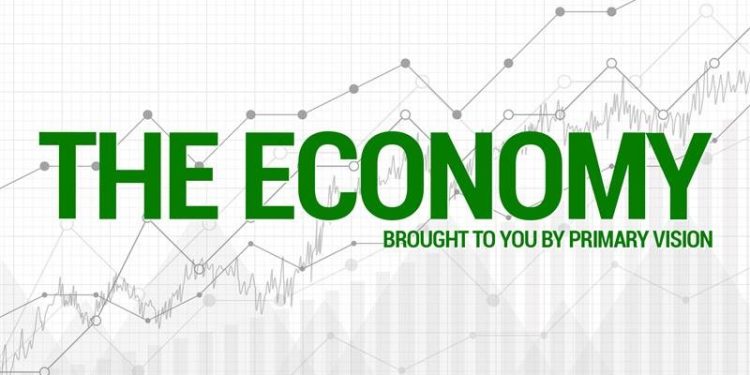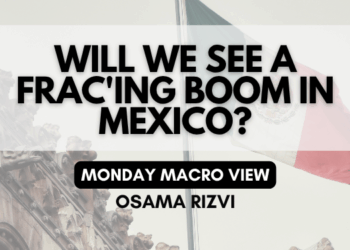As the second round of oil sanctions against Russia go into effect today (February 5th) it is time to briefly revist what has been the impact of sanctions on Russia so far. Sanctions imposed on Russia’s crude oil by the European Union and its allies have “failed completely,” according to analysts.
The EU is planning to ban imports of refined petroleum products from Russia, including diesel and jet fuel, starting from Feb 5. The bloc has already banned the purchase of sea-borne Russian crude oil and set a price cap of $60 per barrel, to curb Moscow’s ability to raise funds for its war in Ukraine. Despite volume remaining robust, the price of Russia’s Urals oil blend has fallen and member states have yet to agree on a price cap for refined oil products. Analysts are skeptical about the upcoming restrictions on Russian refined oil products, as oil will find its way into markets like China and India. The sudden reopening of China is unlikely to have a major impact on oil prices in the near term, with a high degree of uncertainty around China’s oil demand.
In other news, Asia has come to the rescue for global oil demand but interestingly it isn’t China that has driving the imports. Asia’s crude oil imports hit a record high in January, reaching 29.13 million barrels per day, up 11.1% from December’s 26.22 million bpd, according to Refinitiv Oil Research. However, China, the world’s largest importer, saw a decline in imports to 10.98 million bpd in January, down from December’s 11.37 million bpd. The decline may be related to the Lunar New Year holidays, which occurred entirely in January this year. The market is still waiting to see if China’s economic reopening and stimulus measures will translate into higher imports. India, the region’s second-largest importer, saw record arrivals of 5.29 million bpd in January, while Russia remained its top supplier. Other major Asian buyers such as South Korea, Singapore, and Japan also saw gains in imports in January, with Japan being the exception, experiencing a drop in imports to 2.83 million bpd. The question remains if Asia’s imports will be maintained as higher interest rates start to affect consumer spending and export-dependent economies like Japan and South Korea.
As the latest sanctions bite in, I still believe that we won’t see ‘disruption’ but ‘redistribution’ of oil flows. Latvia’s Prime Minister, Krisjanis Karins, has accused traders of using countries such as Turkey, Kazakhstan and Armenia to bypass European Union sanctions on Russia. According to Karins, this tactic breaches these countries’ agreement to follow the EU embargo and he believes it is being done in a legal manner. He has noted a significant increase in European trade with these countries, which he thinks is too large compared to previous levels. Karins did not provide any further evidence or specify what kind of goods are being traded. He suggested two solutions to the problem, either to work with these countries to get them to follow the sanctions or to pass legislation across Europe that makes evading sanctions a criminal offense.
Such detours ensure that oil flows smoothly. I will write more about the potential disruption points to oil supply but right now in the near term I don’t see any threats. In terms of a rise in demand, we still have to see strong indicators in the global economy to see a considerable uptick in demand. Watch our ECON show to learn more about this in detail.












